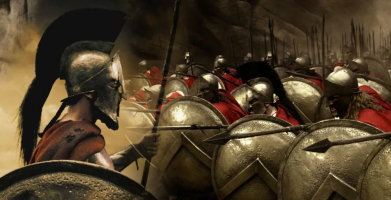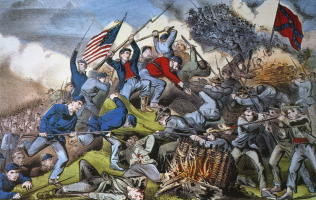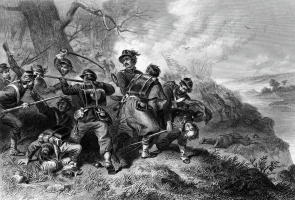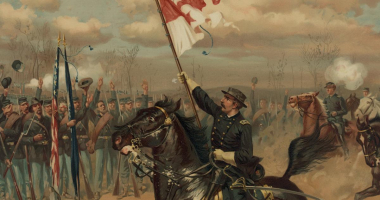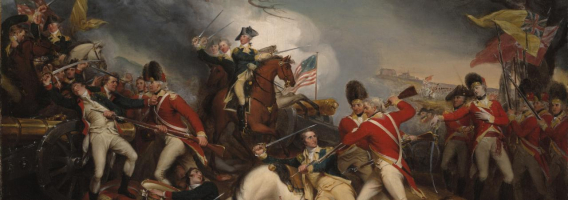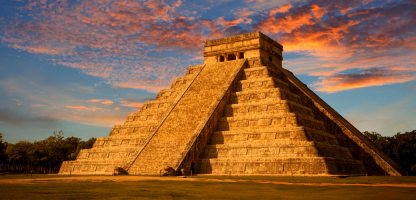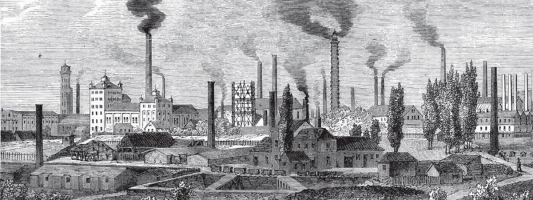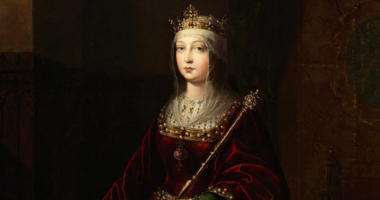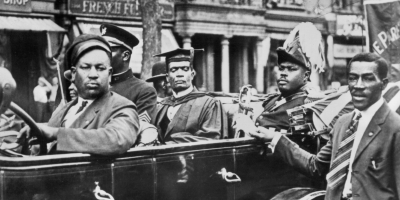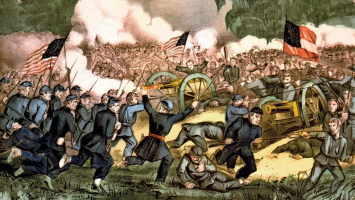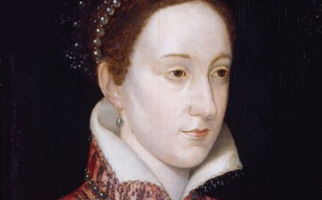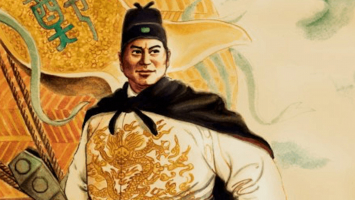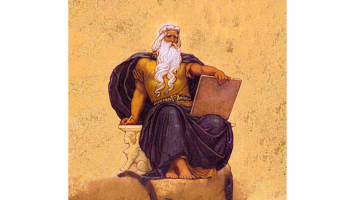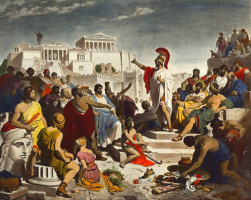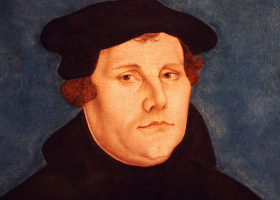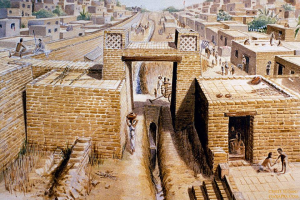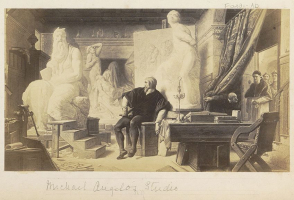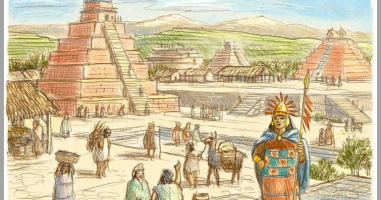Top 10 Interesting Facts about the Emperors of Ancient China
The world we live in today was created by the hard work of our ancestors. Wars have been fought, and treaties and treaties have been signed to create a ... read more...relatively peaceful world that we now enjoy. It is a long journey, filled with stories and events that have been passed down and retold by generations to come. China, being one of the world's oldest civilizations, home to the world's largest population, and having seen so many dynasties and Emperors, certainly has plenty of fascinating gems to discover. So, interesting facts about the Emperors of ancient China are an interesting list that everyone can't miss.
-
The last Emperor of China and a member of the Qing dynasty, Puyi (February 7, 1906 - October 17, 1967) was the youngest Emperor of China ever seen. He is descended from the Manchu Aisin Gioro clan, Xuantong, and ascended the throne at the age of two. Therefore, he deserves on the list of interesting facts about the Emperors of ancient China thanks to this unique point. Born on February 7, 1906, he took power at the age of two in 1908 following the death of his uncle who died on November 14, 1908.
Puyi was named by Empress Dowager Cixi on her deathbed and the young Emperor was carried to the throne by his father for the coronation ceremony. Puyi has not been able to see his biological mother and siblings for 13 years and this decision, along with the burden of responsibility, greatly impacted the life of this the youngest Emperor of China. He grew up among distant officials who always treated him like a grown king, and it reshaped the Emperor's mind. It led him to develop a sadistic character, and he gained a reputation for cruelty among the eunuchs who worked for him. He reigned under the regency for three years, and then on February 12, 1912, in response to the Chinese Revolution, he was forced to abdicate.
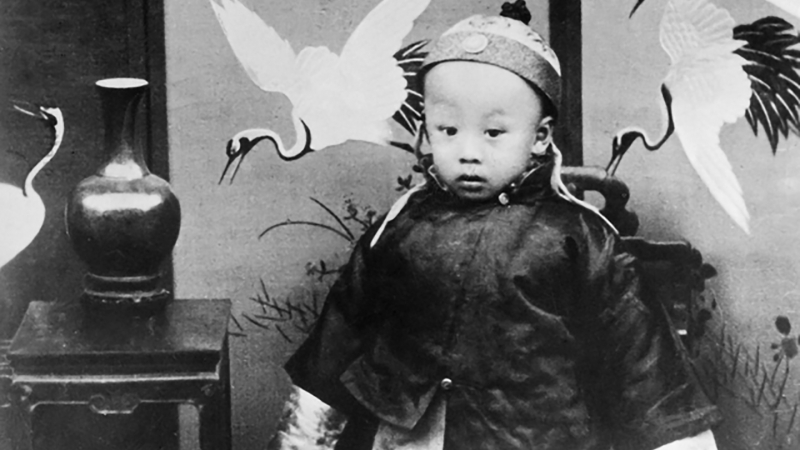
Source: thefamouspeople.com 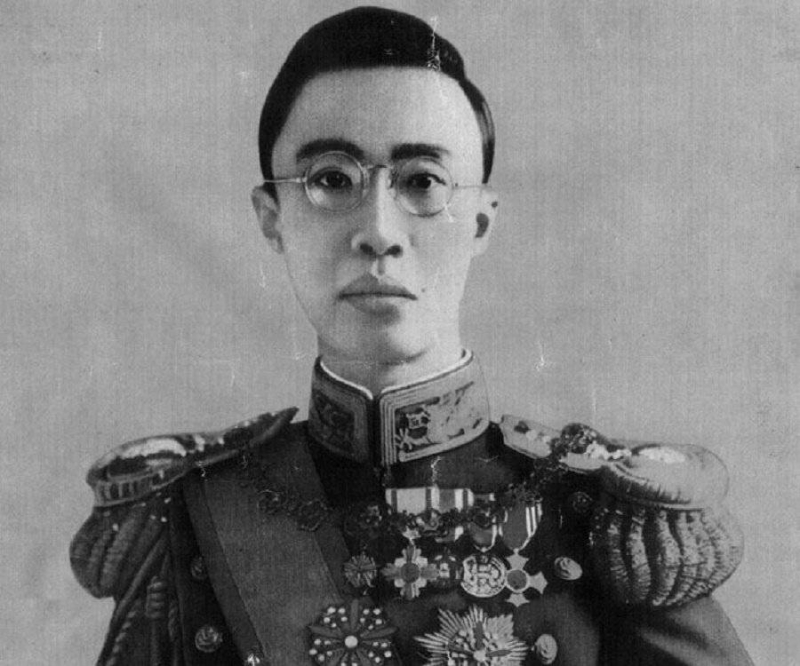
Source: historyhit.com -
A UNESCO World Heritage Site, the Terracotta Army is actually more of a mausoleum than a work of art. Created in the late third century BC, it was dedicated to China's first Emperor, Qin Shi Huang. An interesting fact about the Emperors of ancient China is that it represents the Emperor's army that will be buried with him to protect him in the afterlife. He unified China under one rule for the first time in 221 BC. He initiated many economic and political reforms throughout China. He also built the Great Wall of China and was buried with the Terracotta Army - becoming the Emperor who was buried with his army.
The Terracotta Army consisted of more than 8,000 soldiers and 130 chariots with 520 draft horses and 150 cavalry horses. The establishment of the Terracotta Army was initiated by the order of the king himself and was built with the help of 700,000 people. Archaeologists have yet to complete the excavation, but it is believed that the construction includes a landscape with birds, a river flowing with mercury, and a garden that can recreate the natural world even in the other world. Above are all the reasons why the Emperor who was buried with his army is famous to this day.
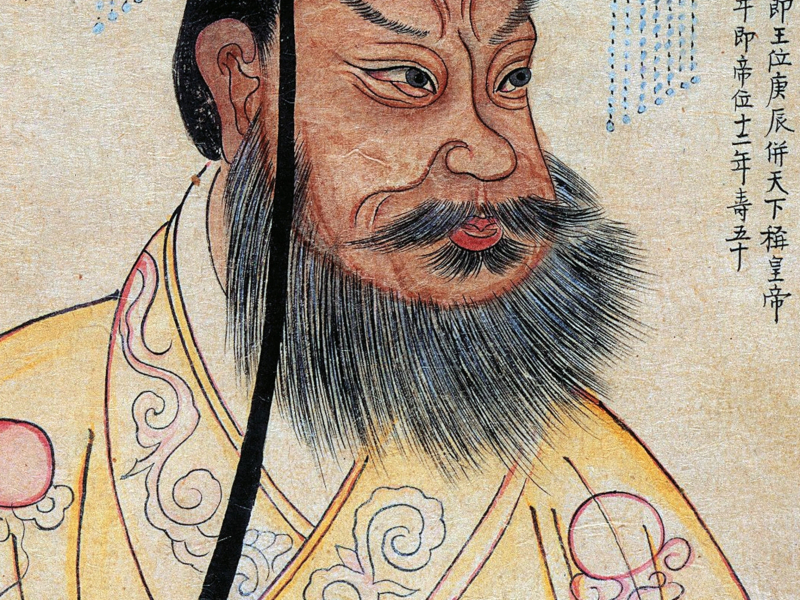
Source: nationalgeographic.com 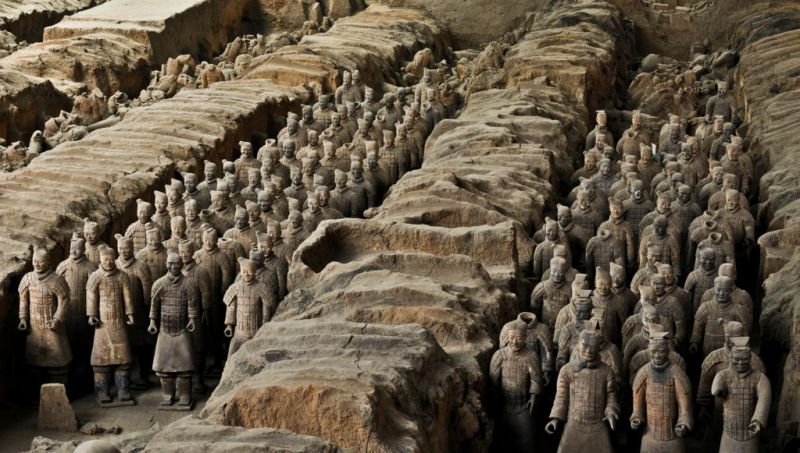
Source: nationalgeographic.com -
Dong Tri (1856 - 1875) was the 10th Emperor of the Qing Dynasty. He is rated as the most short-lived Emperor this is one of the interesting facts about the Emperors of ancient China. This comes from Emperor Dong Tri's short life and lack of talent to govern the country as well as the real power to run the country. Among the 12 Emperors of the Qing Dynasty, there were very few soldiers, but Dong Tri was one of them. He lived a short life, but this short life was very tragic. The ancient Emperors always pursued the aspiration of immortality so that they could maintain their eternal dominion. During the Qing Dynasty, Qianlong was the oldest living Emperor at 88 years old. The shortest Emperor was Dong Tri, the son of Empress Dowager Cixi, who died at the age of 19.
It is impossible not to feel sorry for Dong Tri when he died too soon. However, in reality, Dong Tri was not qualified to be an Emperor. He inherited the throne at the age of 6, but did not have any achievements during his reign and did not contribute anything to the dynasty. Under the dominion of his mother Empress Dowager Cixi, Emperor Dong Tri never thought about politics, but devoted all his time and energy to having fun. Dong Tri's death is also the most "laughable" death of the Emperors of the Thanh Dynasty. However, the reason why he liked to find willow flowers like that could not be unrelated to Empress Dowager Cixi. If Dong Tri didn't have to spend a lonely and deprived childhood, not live under his mother's lust for power, and not be born into the Ai Tan Giac La clan without freedom, he wouldn't be the most short-lived Emperor.
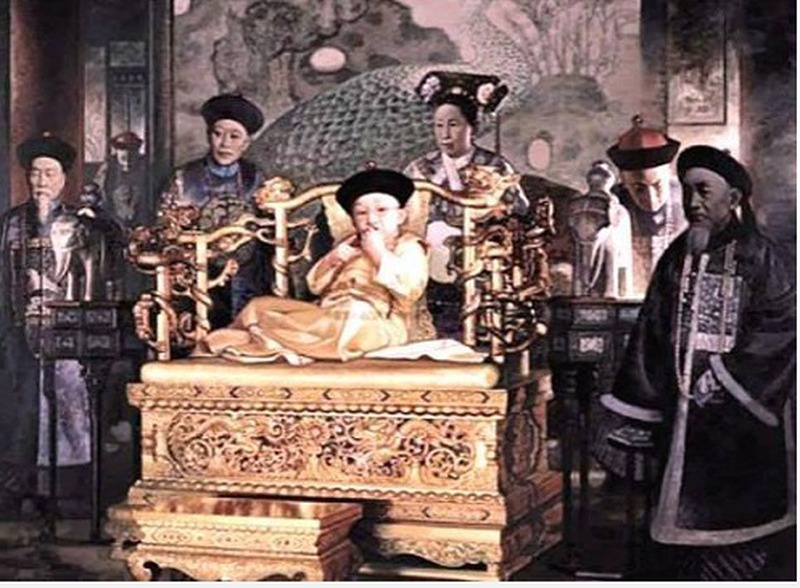
Source: ancienthistorylists.com 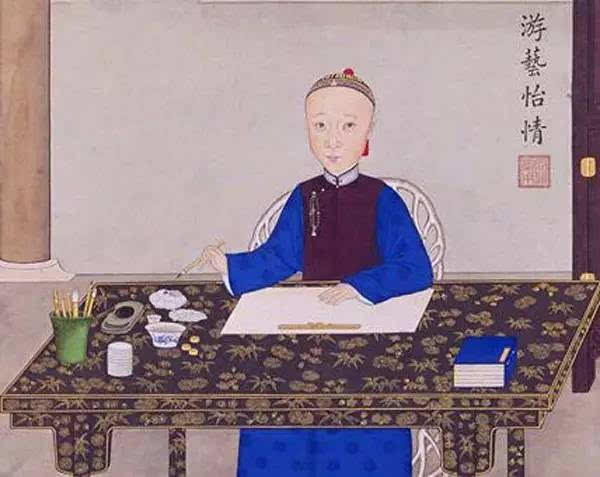
Source: ancienthistorylists.com -
Emperor Qianlong is the "worst poet", here are interesting facts about the Emperors of ancient China. Chinese Emperors were often also poets and calligraphers. Some of them became famous for their good verses, but the Qianlong Emperor became famous because of how lousy his poetry was. Although he is said to have written 43,000 poems in his lifetime, today he is accused of bad writing, plagiarism, and even hiring writers.
To have such a huge collection of works, on average, the Qianlong Emperor would write a poem every day. However, as an Emperor, he had to rise to the throne every day, and handle politics, and many other important activities. When reading the Qianlong Emperor's poetry, we can easily conclude that he often wrote about ordinary objects, always appearing around people, such as the poem "Cucumber". Therefore, whenever there is inspiration, Emperor Qianlong will immediately compose poetry. Among the tens of thousands of poems that Emperor Qianlong wrote, there are more than 100 works he wrote in memory of Empress Phu Sat Thi. The most special is a very simple poem, which most Chinese people now know by heart. That is "Flying Snow" (Flying Snow). Once, this "worst poet" the Emperor was enjoying in West Lake, Hangzhou, when suddenly it snowed. Witnessing that charming scene, he was filled with emotions of wanting to write poetry. And thus the poem "Flying Snow" was born.
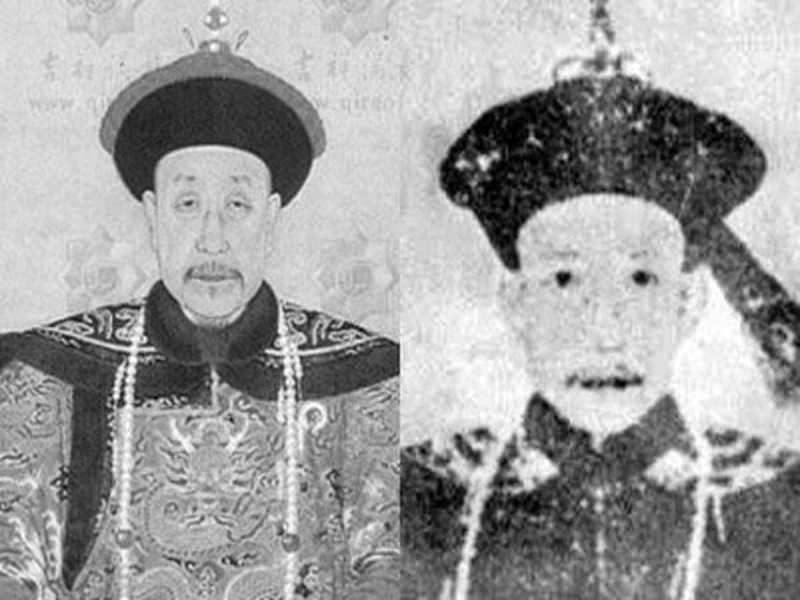
Source: china-admissions.com 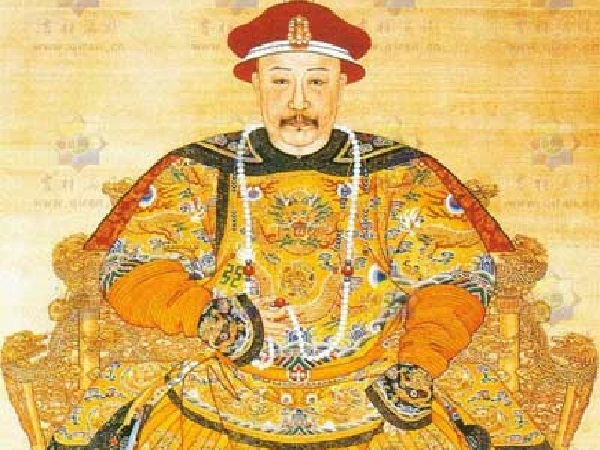
Source: china-admissions.com -
Emperor Xi Zong (1605-1627) of the Ming Dynasty (1368–1644) was not a qualified Emperor but a good carpenter, which is one of the interesting facts about the Emperors of ancient China. The carpenter Emperor once built the exquisite model houses of Qianqing Palace. Xi Zong, or Emperor Tiankai, was the 16th Emperor of the Ming Dynasty. According to historical records, Xi Zong is the most special Emperor in the history of the Ming Dynasty in particular and in the history of China in general, because when he grew up he did not receive any formal education.
Even more special, as an Emperor, he had a passionate passion for carpentry. Every day, Xi Zong is only busy with tools such as hammers, axes, wood shavings, etc., without caring about political affairs. It is known that the carpenter Emperor showed an interest in wood carving from an early age. When he ascended the throne, he continued to pursue his hobby. The king's wood carving art is very skillful and sophisticated, it is reported that this Emperor is the one who built the model of the Qianqing Palace in the Forbidden City of China. As for the times he was saved by eunuchs doing his daily administrative work, the Emperor of Heaven took advantage of them to work diligently on his art of carpentry. He was one of the most brilliant carpenters in Chinese history, who was very good at designing grand projects and carving elaborate decorations.
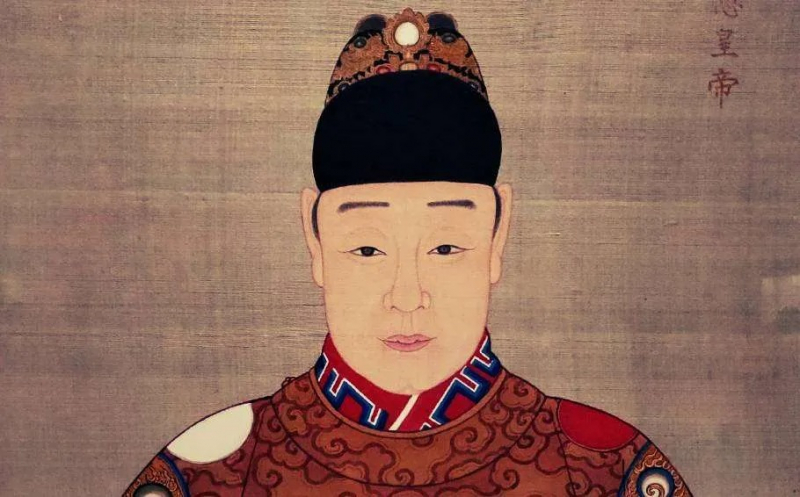
Source: mingtombs.eu 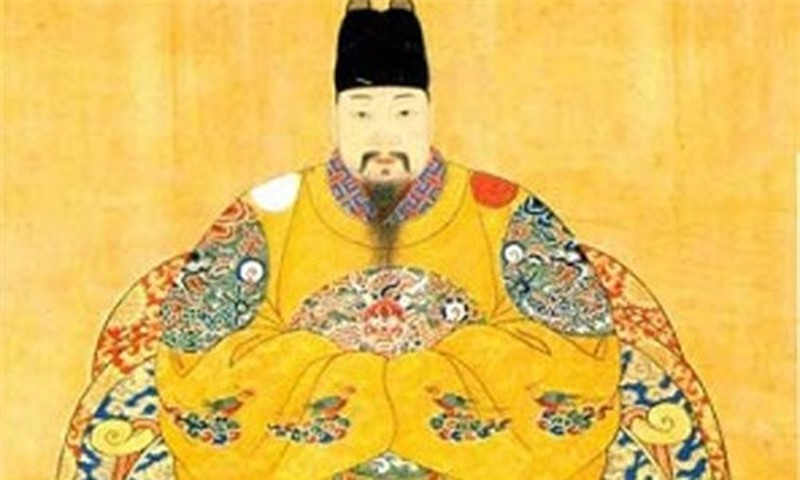
Source: mingtombs.eu -
Not only famous as a wise and wise king but Kangxi Emperor is also known for his affluence and love, which can be classified as the first in Chinese feudal history. He was born in 1654 and died in 1722, one of the longest-serving Emperors of the Qing dynasty. Despite ascending to the throne at a very young age, only 8 years old in a troubled country, the most licentious Emperor used his whole life to show his talent in both politics and the military to finally bring the country to the next step. Usually, the Qing Emperors would have about 10 concubines, but in the book "Kangxi Emperor Full Story", historians have recorded that in his harem there were 49 people from nobility or more, and 67 people recognized the identity of the Emperor. The official style and those who served the king but were in the low percentile have no less than 200 - interesting facts about the Emperors of ancient China. In terms of children, he had 55 children, 35 princes, and 20 princesses. Even in his old age, the king continued to summon beauties from the Jiangnan region to the palace to serve, but not at all to give birth to the royal family. That alone is enough to see the level of loveliness and affluence of this king.
Under the Qing Dynasty, there was a rule that all girls had to be selected by the Emperor to get married. If desired, the Emperor can also marry women from the Han clan. The Qing Emperors had no less than 10 concubines, of which the Kangxi Emperor was ordained with the largest number. It can be said that for concubines, Kangxi Emperor uses sincere affection to treat and care. During his life, he used to travel a lot, whenever he went to a place, he would send people from the specialties of that locality to the waiting concubines in the harem. It is the sober, tough, loving but not indulged in beauty that distinguishes Kangxi Emperor - the most licentious Emperor, making him one of the greatest kings in the Chinese feudal dynasties.
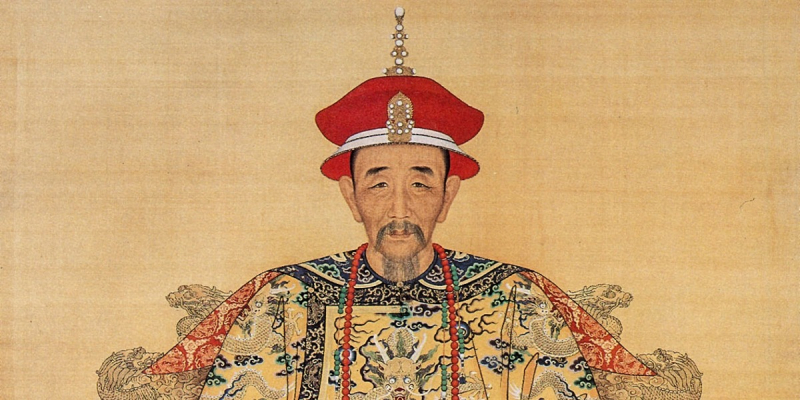
Source: aleteia.org 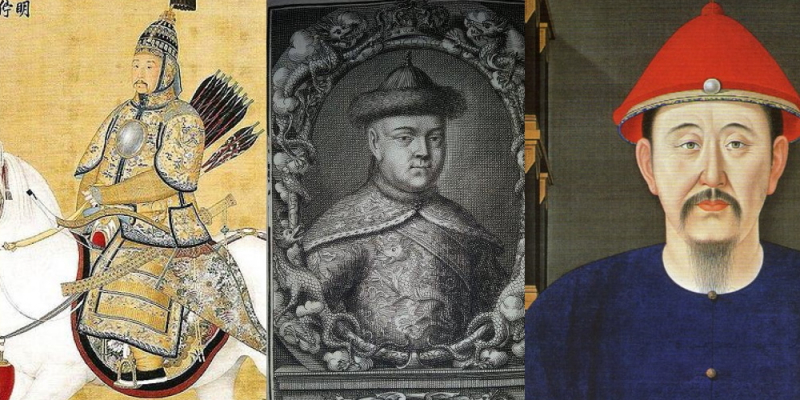
Source: aleteia.org -
Emperor Zhu Yijun (1563-1620) was the laziest Emperor. He reigned for a total of 48 years but was absent from court for 28 years. Among the Ming Emperors, Emperor Zhu Yijun was a rather dominant ruler, having the longest reign - up to 48 years. Emperor Zhu Yijun ascended the throne when he was only 10 years old, a child who did not understand worldly affairs. However, the young king still worked diligently every day, studying and solving political problems. During his first time on the throne, he was considered by the history books to be very diligent, directly handling most of the affairs of the court, and very popular with the courtiers. But in the middle of his rule, Emperor Zhu Yijun suddenly became "lazy". He stopped courting for 28 years, seemingly not interested in politics anymore. However, the surprising thing is that in these 28 years, society is still peaceful, and civil wars and foreign wars are still won.
According to history books, the Ming Emperor never officially confirmed the reason for not setting up the court, before the complaints of his officials, he simply replied that he was not well. At that time, people still did not believe him, the officials in the court thought that this was the baseless defense of the laziest Emperor. It was not until 400 years later that posterity found out the reason for not setting up the court of the Ming Emperor when excavating his tomb. In 1955, an archaeological team led by historian Guo Mo Ruo excavated the Dingling tomb of Emperor Zhu Yijun and converted it into an underground museum. Although this mausoleum is not large, the design is extremely careful, it took more than a year for the archaeological team to find the entrance. According to published data, there are more than 3,000 objects inside, including many precious stones, pearls, and many items and silk. When opening the coffin lid, the biggest mystery about the 13th king of the Ming Dynasty was gradually revealed. The restoration of Emperor Zhu Yijun's remains shows that his legs were of unequal length, the right leg was slightly longer than the left leg, making walking very inconvenient. The king was still diligent for the country and the people even though he was not seen by the world, so he understood that the Son of Heaven also had real sufferings that could not be shared with anyone. Thanks to archaeological work in 1955, posterity realized that the title of "the laziest Emperor in history" that people assigned to Emperor Van Lich turned out to be just a false accusation. This is really one of the most interesting facts about the Emperors of ancient China.
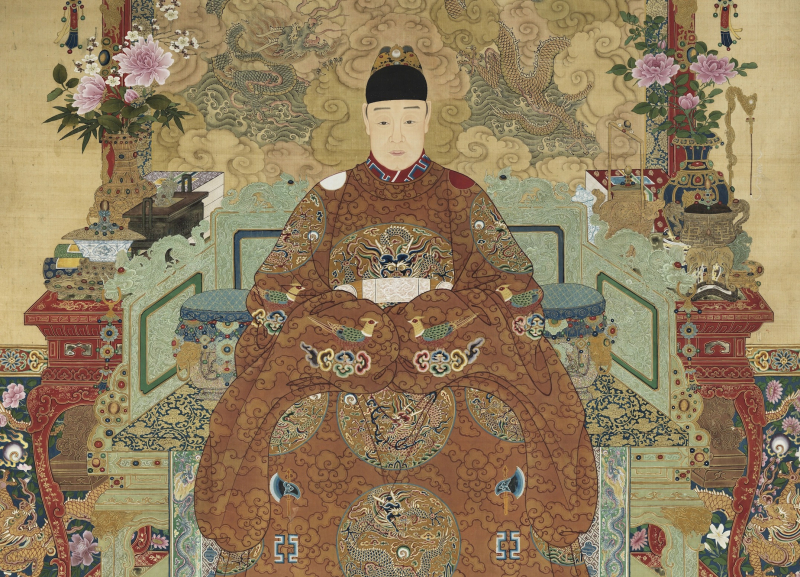
Source: factinate.com 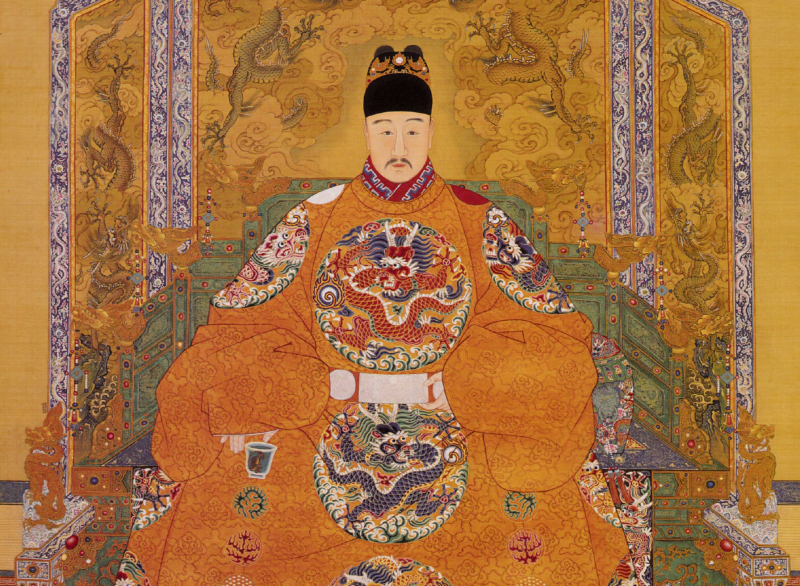
Source: factinate.com -
Emperor Qianlong of the Qing Dynasty (1644-1911) was the longest-living Emperor in Chinese history, so he was called the oldest Emperor. In 1736, he ascended the throne and took the era name Qianlong. The oldest and longest-reigning Emperor in Chinese history. The reign of Emperor Qianlong is considered the heyday of Dai Qing's economy and military. Qianlong was an Emperor who was very focused on the government, abolished Yongzheng's harsh political regime, and replaced it with a policy of tolerance and tolerance. He liberated all the people in the sect who were imprisoned, his uncles and aunts who were persecuted and died were recorded in the jade message and made his brothers and sisters Princes; During Ung Chinh's time, he arrested and imprisoned innocent writers, their families were exiled to the border as slaves, and now he has returned to his old hometown. Since the supreme power structure, was second only to the Emperor, the military base was established, every day Qianlong personally went to the military base to handle the government affairs.
Going early in the morning, coming back late, in the evening also regularly summoning the military officials, that's why from his time, the military base gradually formed a night watch mode. In addition, Qian Long also strictly managed eunuchs and foreign relatives, first of all, banning eunuchs from studying, and removing the Inner Book Hall, which was a place for eunuchs to read and learn letters; Next, if the eunuchs were wrong, they would change their last name to Vuong, so it would be difficult for outside officials to distinguish, thereby avoiding their collusion. In terms of social development, Qianlong mainly inherited the economic and political regimes of Khang Xi and Ung Chinh. These policies brought the Qing Dynasty to the pinnacle of development. The country under Qianlong began to enter a period of great prosperity. Qian Long is considered a talented military man. Immediately after ascending the throne, he sent troops to suppress the Miao uprising in 1735-1736. His subsequent campaigns greatly expanded Qing territory. Qianlong is the longest reigning Emperor. Qianlong's reign lasted 60 years. When he abdicated and passed the throne to his son, it was not because of death or poor health, but because he did not want to exceed the number of years of the reign of his grandfather Kangxi (61 years), whom Qianlong greatly respected. Qian Long - the oldest Emperor, interesting facts about the Emperors of ancient China, the famous king of China not only in the past but also in future generations.
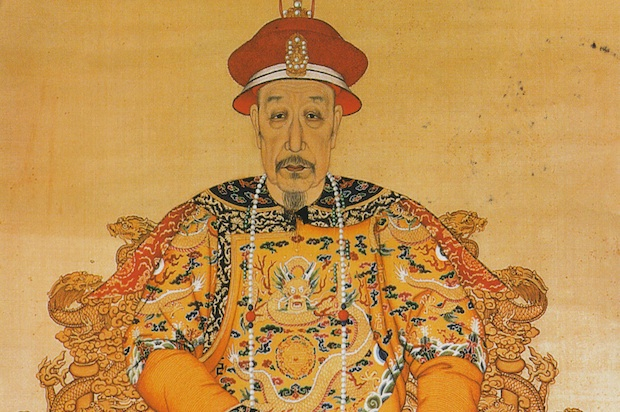
Source: theworldofchinese.com 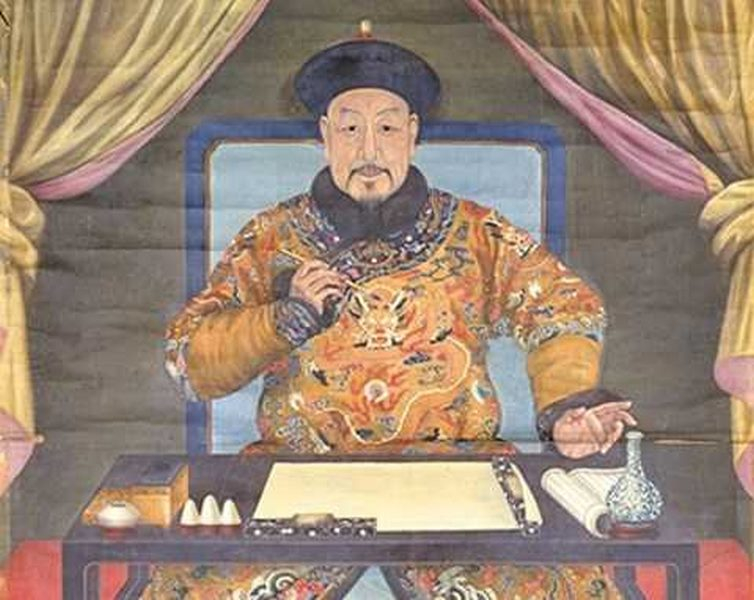
Source: theworldofchinese.com -
Wu Zetian (625-705) is the only legitimate female ruler in Chinese history, who actually ruled the whole country for almost half a century. These are interesting facts about the Emperors of ancient China in male-dominated Chinese history. Beginning in AD 660 (SCN), Wu Zetian was actually the Emperor of China and became the only female Emperor in China. She did not hold that position but was the ruler behind it all even while pregnant with a daughter in 665 AD. Raised by her father to believe that she herself is equal to men, Wu Zetian sees no reason why women cannot practice the same customs as men and hold positions that men can hold. She also organized the war against Korea in 668 AD so successfully that it caused Korea to downgrade itself and become a vassal state. In the following years, she in turn excluded the Ly descendants from power and brought her Wu grandchildren into power.
In September 690, the only female Emperor in China ascended the throne, changing the country's name to the Zhou Dynasty. Because there were so many people opposed to having a woman take the throne, Wu Zetian set up a team dedicated to the "assassination" of dissidents. Many people died at the hands of the first queen of this land. There is no area of Chinese life that Wu Zetian does not touch. Her reforms were popular because they were reforms that came from the will of the people. Under the old regimes, a proposal or complaint had to go through a number of different offices before it reached anyone charged with deciding whether to take action. Wu Zetian eliminated all bureaucracy by establishing a direct line of communication between her and the people.
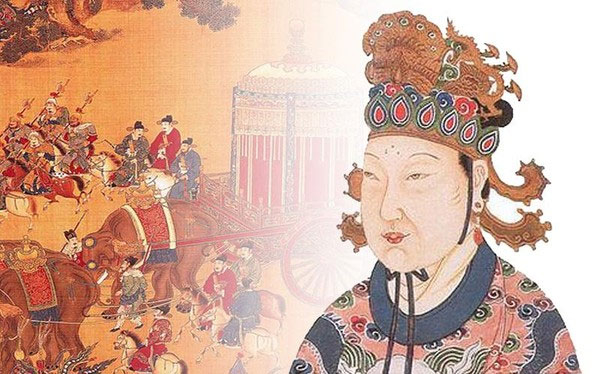
Source: thoughtco.com 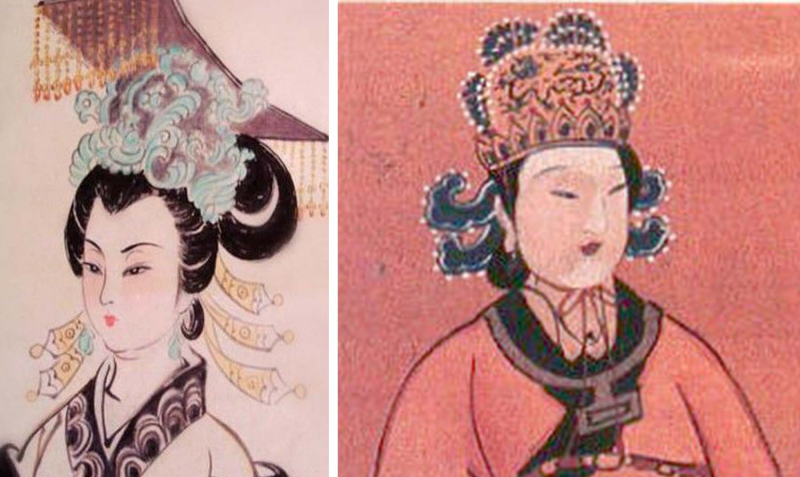
Source: thefamouspeople.com -
Emperor Hong Wu (1328-1398) is said to be the most atrocious Emperor. His reign was the Ming dynasty which ruled China for nearly 300 years. Before becoming Emperor, he was a general in the army winning many battles. As he got older, his habits were said to be full of suspicion, cruelty, and irrationality. He made his court resemble that of the Mongols instead of removing Mongol influence. His leadership was authoritarian. Although he has left a deep mark in history, the name of that king still has a "black stain" that is difficult to erase for thousands of years.
It is said that the most atrocious Emperor gave top power to his sons out of fear of Mongol invasion so that they could take the lead in military armies. This is a way for him to cling to absolute power. In 1380, when Prime Minister Hu Weiyong tried to overthrow him, he was killed along with 30,000 people. He removed his position, leaving six ministries working directly under him. But the ministers had no authority to advise him and he directly controlled the empire. The Song Emperors felt the warlords were the most dangerous group in China. But Hong Wu, having driven out the Mongols, believes that the scholars are the most lethal group. Although he knew that a successful government largely depended on Confucian scholars, he needed to rehabilitate them to restore traditional Chinese values. He imparted education and training to scholars. He took over their position and power by using heavy bamboo as a form of punishment in the court. Scholars were beaten to death even for making mistakes. He often felt that scholars were only important and should serve under the Emperor and this attitude led many scholars to leave their official careers. This is one of the interesting facts about the Emperors of ancient China.
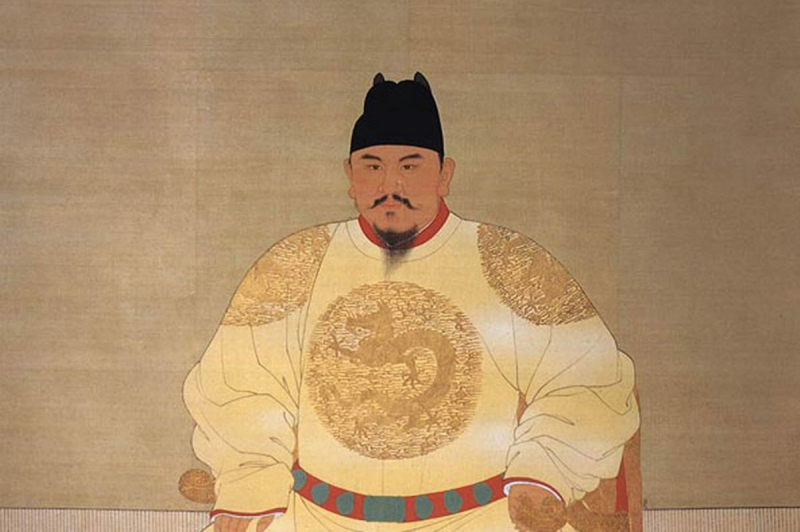
Source: wondriumdaily.com 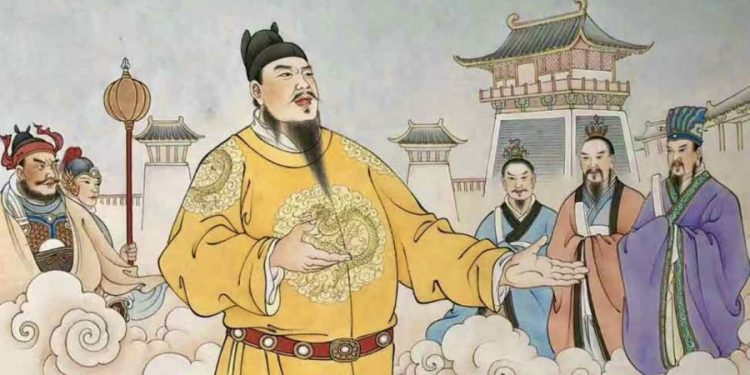
Source: owlcation.com












